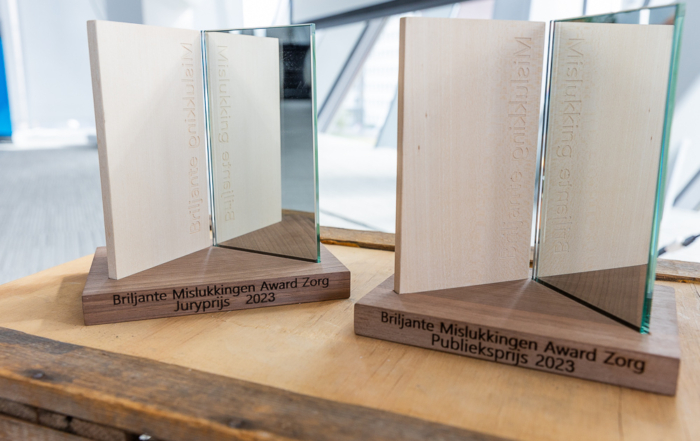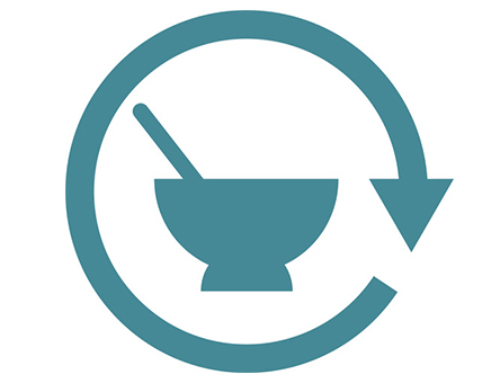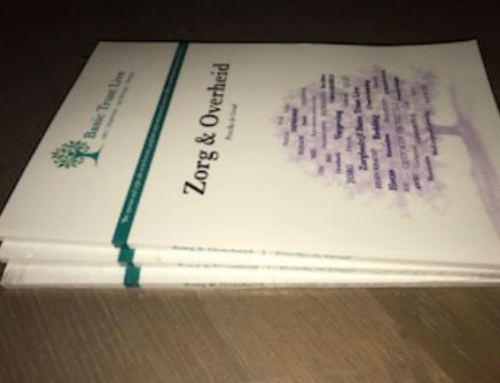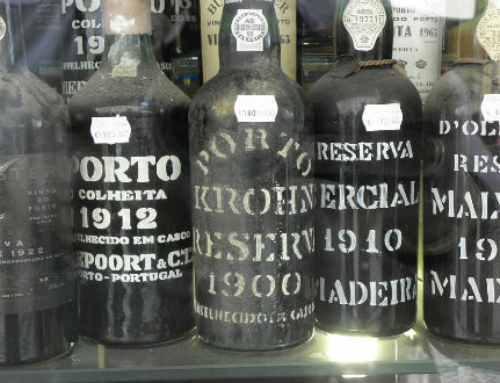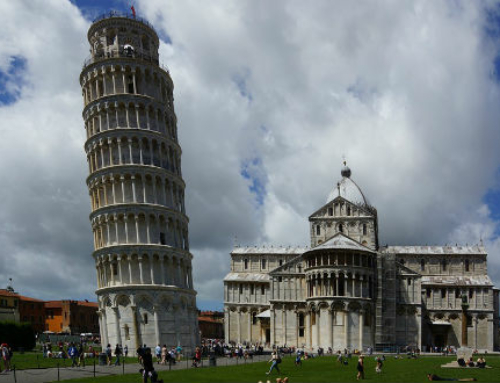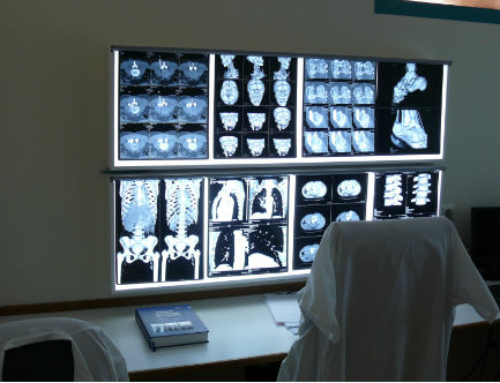The intention
They wanted to add certain chemicals to the oil that had ended up in the Gulf of Mexico as a result of the BP accident, divide into small droplets, which would cause the breakdown to take place faster.
The approach
In 2010 have chemicals been thrown into the sea with the best of intentions. The theory predicted that the chemicals, dispersants that had to divide the massive stream of oil into small droplets, would accelerate the biodegradation of the oil.
The result
What happened was something completely different than expected. Those small droplets can be broken down more easily by the micro-organisms that are already in the sea. But they didn't get the chance.
Instead, other types of microorganisms thrived. They couldn't do much with the oil, but they were just enjoying the chemicals. Those new competitors proved so successful that they drove out the oil-degrading organisms.
Lessons
This is a complex system, where the side effects sometimes overshadow the originally intended effects. Sometimes that produces a positive overall result, sometimes not. Complexity is often the result of coincidence (serendipity) connected. It is always important to test interventions in a complex system in practice.
In her research, Samantha Joye of the University of Georgia looks at the resources used in the Gulf. There are also other resources. Maybe one of those substances works better. That's to be hoped, because the chemicals also help prevent a thick slab of oil from washing up on the beach. That is why they will often be used again in future oil disasters.
OTHER BRILLIANT FAILURES
Who finances lifestyle in cardiac rehabilitation?
Beware of the chicken-egg problem. When parties are excited, but first ask for proof, check carefully whether you have the means to provide that burden of proof. And projects aimed at prevention are always difficult, [...]
Brilliant Failure Award Healthcare – 20 to stop coming up with new advice 2024
Wednesday 20 In November, the Brilliant Failure Awards for Healthcare will be organized for the tenth time by the Institute for Brilliant Failures.
Brilliant Failure Award Healthcare – 20 to stop coming up with new advice 2024
Wednesday 20 In November, the Brilliant Failure Awards for Healthcare will be organized for the tenth time by the Institute for Brilliant Failures.



